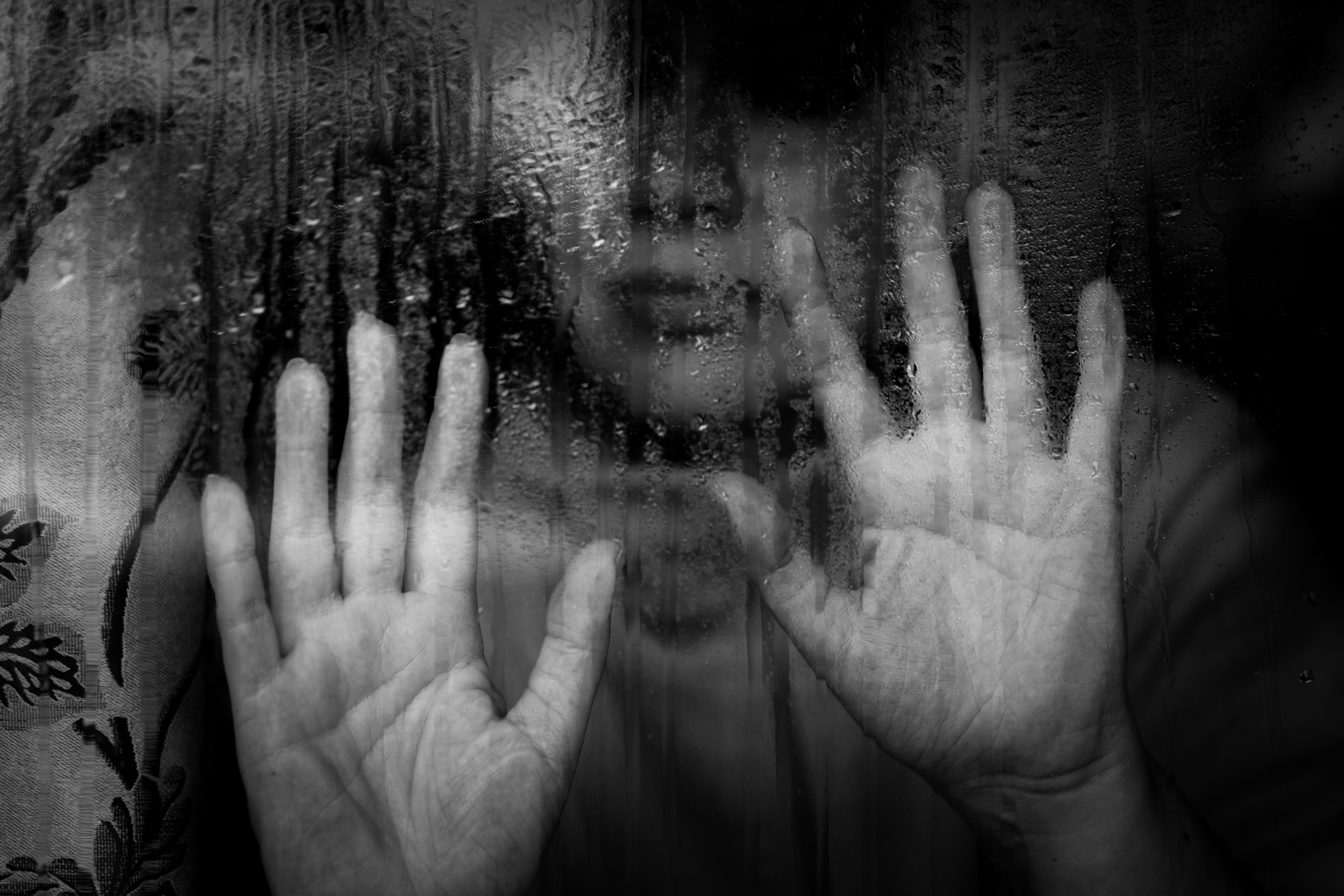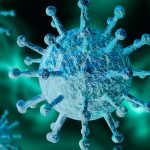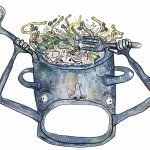Some groups are doing it much tougher during the pandemic than others – young doctors should be aware of them, and also take care of themselves.
Young doctors have been urged to remember the intolerable stress the pandemic has put on already vulnerable groups, while also being mindful of their own mental health.
The Psychiatry Association of Western Sydney and Global Health Awareness Western Sydney hosted an online event last week to offer medical students and future practitioners insights into the impacts of COVID-19 on migrant and refugee populations, survivors of domestic abuse, and mental health.
As health professionals predicted, rates of mental illness are increasing due to social and financial hardship. Suicide rates have been predicted to increase by 22% and 12% in unemployed men and women respectively in Australia.
Counsellor Hania Masoud, from the Western Sydney Community Centre, works with culturally and linguistically diverse groups, refugee populations and domestic abuse survivors. Having migrated to Australia 22 years ago, she has firsthand experience of settling in an unknown country and the associated sociocultural impacts.
“I had feelings of loneliness and sadness when I moved here that turned to depression,” she said. “I was shocked with the Australian system and I started to feel a loss of identity. Every refugee and migrant that comes to Australia feels lost. Especially when they don’t have their families around.”
Ms Masoud lost her mum during the early days of the pandemic and was only able to travel to pay her respects a few weeks later.
She has many migrant and refugee clients who have been severely affected by COVID-19.
“I have one client that was working with Qatar Airways, and then lost his job and had to depend on Centrelink payments – not JobKeeper because he was at an international company. He [has] now started having anxiety, depression, insomnia.” she said.
On top of a rise in mental health symptoms, domestic abuse has also increased. The Australian Institute of Criminology (AIC) shows 4.6% of all women, and 8.8% of women in a relationship, experienced physical or sexual violence from a current or former cohabiting partner between February and May. A third of these women were experiencing domestic abuse for the first time in their relationship.
Ms Masoud described the experience of one such woman, a client of hers.
“During COVID-19 her partner lost his job and says that he can’t stand being at home with her all the time. Yet she depends on him financially and feels like her options are limited.”
Dr Manjula O’Connor, a renowned psychiatrist and chair of the Family Violence Psychiatry Network, went through some de-escalation techniques for dealing with aggressive patients and resolving conflict.
“Soften your voice when someone is getting loud, look into their eyes, don’t ask too many questions, and try to connect with them and make them feel secure,” she said. “Make them feel like anger is not a necessary thing. Sometimes the best suggestion is for them to go for a walk.”
“Sometimes a tall, aggressive person will only listen to a large and tall person. So for example, if you’re in the emergency room of the hospital and there is a person under the influence of drugs and they are being violent, having a tall security guard behind you can help avoid a violent situation. However, it’s a matter of assessing the situation, and at times you have to just call the police.”
When asked what the biggest impediment was to domestic abuse victims seeking help, Dr O’Connor replied, “patriarchy”.
“Society reinforces the dominance of a man in the family and in society, such that any woman that speaks up is subjected to shame and exclusion, and a lot of community programs are required to reduce that shame,” she said.
As someone who has contributed to legislative change, namely inclusions of laws against dowry abuse in the Family Violence Protection Act, Dr O’Connor gave advice on how to get involved in advocacy work as medical students and practitioners.
“If you want to bring about social change, work with NGOs and community organisations. Or you can influence policy by doing brilliant research,” she said.
The other option is to start from the ground up, as Dr O’Connor did with her NGO – The AustralAsian Centre for Human Rights & Health.
“What I did when I started working in the community was use my research, academic knowledge, clinical knowledge and passion – and that was able to attract many influential community figures to work with our NGO.”
Another category of vulnerable people is doctors themselves, especially those who are young and starting out.
Dr Mark Cross, who specialises in treating adolescents, anxiety disorders, PTSD and women’s health, experiences anxiety himself. “As someone with anxiety and who treats anxiety, it has been an intense time,” he said.
He also developed a documentary series, Changing Minds, about a Mental Health Unit, and released a book this year.
Dr Cross stressed the need for doctors to take care of themselves: “You have to find ways to cope with the stress, and that includes trying to keep to your diary, going to therapy yourself, making sure you have a work life balance, as doctors don’t do very well there.”
He also highlighted the importance of mentorship in the medical profession when people are starting their career.
“It’s important that you have somebody that’s more experienced to talk to, and that’s been lost a little bit. Just be yourself and form a connection with a person – we all have something in common,” he said.
With a large number of cases in Victoria and now around dozens of NSW cases linked to the Crossroads Hotel in Casula, people’s anxieties are ramping up again.
While people with pre-existing mental health symptoms may experience a worsening in their condition, others may be having symptoms for the first time.
“Mental health literacy has improved during this time, because most people now know what it’s like to suffer from mental health issues, though it’s sad you have to experience things in order to understand them better,” Dr Cross said.
If you or someone you know is thinking about suicide, call Lifeline on 13 11 14.
For domestic abuse, call 1800RESPECT or MensLine Australia.
Nicole Iliagoueva is a freelance journalist based in Sydney, currently producing for FBi Radio.




